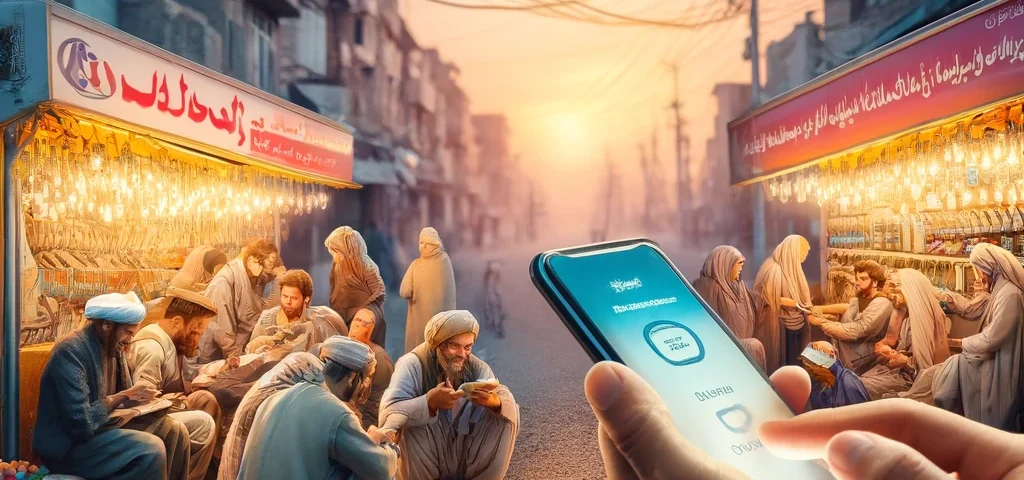New Office, New Solutions, New Opportunities: USAID’s DIV in Action
05/03/2013
Education and Prevention: Combating HIV/AIDS in Bessassi
01/24/2016Mobile Technology for Development:
A Case Study of Kabul’s Mobile Electricity Payments
Accelerating Development Impact through Mobile Technology
In anticipation of Science, Technology, and Innovation month this September, it’s essential to spotlight how mobile technological innovations, particularly mobile technology, are catalyzing significant development impacts worldwide. An excellent example of this is the USAID mobile technology initiative in Kabul, Afghanistan, which has revolutionized how citizens manage their utility payments, marking a pivotal shift from traditional methods to digital solutions.
Transforming Everyday Transactions in Kabul
Electricity bills can often be a source of inconvenience, especially in areas where infrastructure and bureaucracy slow down the process. In Kabul, the capital of Afghanistan, residents typically faced long lines and extended waiting times at banks to settle their utility bills. This process was not only time-consuming but also inefficient, fostering an environment ripe for a technological overhaul.
Recognizing the challenges faced by Kabul residents, USAID, in collaboration with Etisalat and the Afghan power utility company Da Breshna Sherkat (DABS), initiated a project aimed at simplifying this arduous process. This partnership was part of the broader “Better than Cash Initiative” which seeks to replace cash transactions with digital solutions. A USAID initiative that transform mobile money to all.
The mHawala Mobile Money Service: A Game Changer
The pilot project introduced the mHawala mobile money service, which allowed users to receive and pay their electricity bills through their mobile phones. Kabul resident Abdul Tawab Sabri shares his firsthand experience: “When I registered for the mHawala service, I quickly realized how easy it was to pay my bill. I simply cashed in at a nearby mHawala kiosk and made the payment from my office within minutes.” This testimony highlights the profound impact of the service on simplifying daily tasks.
The success story of the mHawala service in Kabul is not just about technological adoption but also about enhancing the quality of life by saving time and reducing hassle for its citizens. This initiative demonstrates a significant shift towards a digital economy, where nearly every Afghan with a mobile phone can engage in more efficient, transparent transactions.
The Broader USAID Impact: Beyond Kabul
The success of mobile money services in Kabul could serve as a model for other regions in Afghanistan and beyond, especially in places where the penetration of mobile technology outpaces other forms of infrastructure. As Afghanistan remains a predominantly cash-based economy, the integration of mobile technology in everyday transactions promises not only greater convenience but also improved economic transparency and security.
As we approach Science, Technology, and Innovation month, it’s crucial to recognize and celebrate such innovations that not only enhance the efficiency of bureaucratic processes but also empower individuals by integrating technology into everyday life. The USAID project in Kabul is a testament to how targeted technological solutions can significantly alter and improve the development trajectory of a community.
This story is just one of many that illustrate the sustainable impact of technology in development. For those interested in contributing further to this narrative, USAID encourages the submission of photos and stories that showcase similar impacts. Submissions are due by Monday, September 2nd, and should be sent to [email protected].




